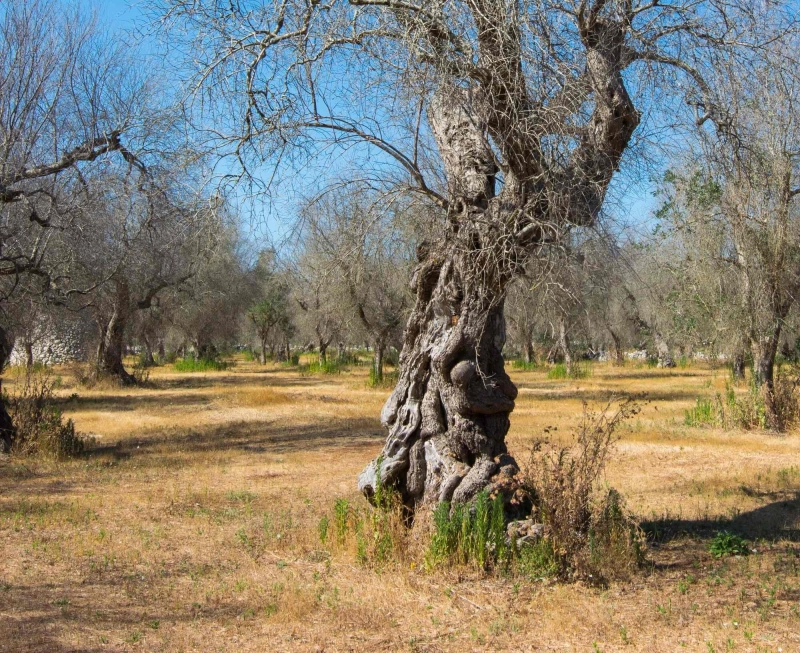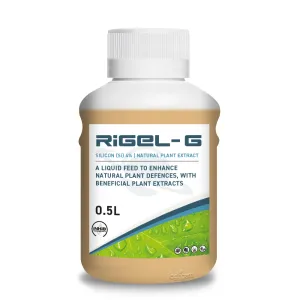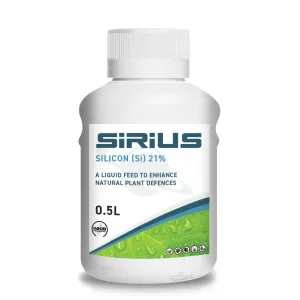National Plant Health Week has been running for ten years, helping to protect the health of our nation’s plants and trees. This year also incorporates the United Nations International Day of Plant Health. So, what can you do to help support this important cause?
Look for signs of pests and disease in trees
You might be aware of a disease known as Ash Dieback, but there are many others that can affect trees in our landscape including conifers and broadleaf trees.
And when it comes to pests, the list is a comprehensive one. If you find yourself looking at an unusual bug, fly or beetle, or you’ve seen strange symptoms on a tree, you can check it out by referring to the Forestry Commission’s list here.
Some of these pests and diseases are notifiable, and those that should be reported can be found here.
Finally, if you do find yourself needing to report a specific disease or pest, you can do that via the TreeAlert website. This site is full of information on what you need to do to submit a report.

Buy and transport plants responsibly
It’s never worth risking bringing plant material into the UK from overseas trips as it might be carrying harmful pests and diseases.
The UK is free of many pests and diseases that are present in Europe and beyond, and there are restrictions on bringing plant material back to the UK from the EU for this reason.
Even bringing a cutting back from your holiday can pose a significant risk to UK agriculture and horticulture, so unless you are going through official channels as an importer, don’t risk bringing plant material back.
Try and buy plants responsibly from reputable nurseries and suppliers and be careful when ordering plants online – try and choose a UK-based supplier where possible.
The impact of tree and plant diseases
To understand how important the observation and management of pests and diseases is, it’s worth reflecting on the bacterium Xylella fastidiosa that killed a third of Puglia’s 60 million olive trees in 2013 - forcing businesses into bankruptcy and causing damage costing around €1bn.
This outbreak on Italy’s olive trees was intercepted on ornamental coffee plants imported into France, Germany, and the Netherlands. There was one interception of this bacterium on an ornamental coffee plant in the UK – it was quickly destroyed.

In 2015 it was identified in Corsica on myrtle-leaf milkwort and then on other imported plants that had been planted as early as 2007.
These were supplied by Corsican nurseries using plants from Italy and mainland France. Another outbreak was controlled and eradicated in Germany in 2018.
Keep things clean
This is something that very few of us do, but if you clean your boots, bikes and buggies before visiting woodlands and parks, you’ll be helping to prevent the spread of potentially harmful organisms like fungi, bacteria and bugs.
The same applies in reverse, give wheels and shoes a wash off when you’ve been in wooded areas before putting them away to prevent contamination. Falling leaves can carry fungal diseases in the leaf litter and this prevents it spreading.
Strengthen plant resistance
The final piece of the plant health puzzle relies on boosting plant health directly in order to help them fend off the impacts of disease and pest attacks themselves.
Products like Rigel-G and Sirius contain silicon, nutrients and biostimulants that enhance the natural defence mechanisms of plants and improve their vigour over time.
These powerful ingredients improve the availability of nutrients, aid water retention and boost metabolism and chlorophyll production.
An increase in silicon deposition from the use of Rigel-G for example can make plants less susceptible to insect feeding, which in turn can help prevent growth in destructive insect populations.
By staying alert to tree and plant threats, and by managing the health of our garden plants, we can all play a part in protecting the health of the nation’s trees, woodlands and forests, and our agricultural and horticultural industries and food chains.
If you have any questions about diseases or pests in your garden and need advice on how best to treat them, please get in touch with our technical team for free advice.





